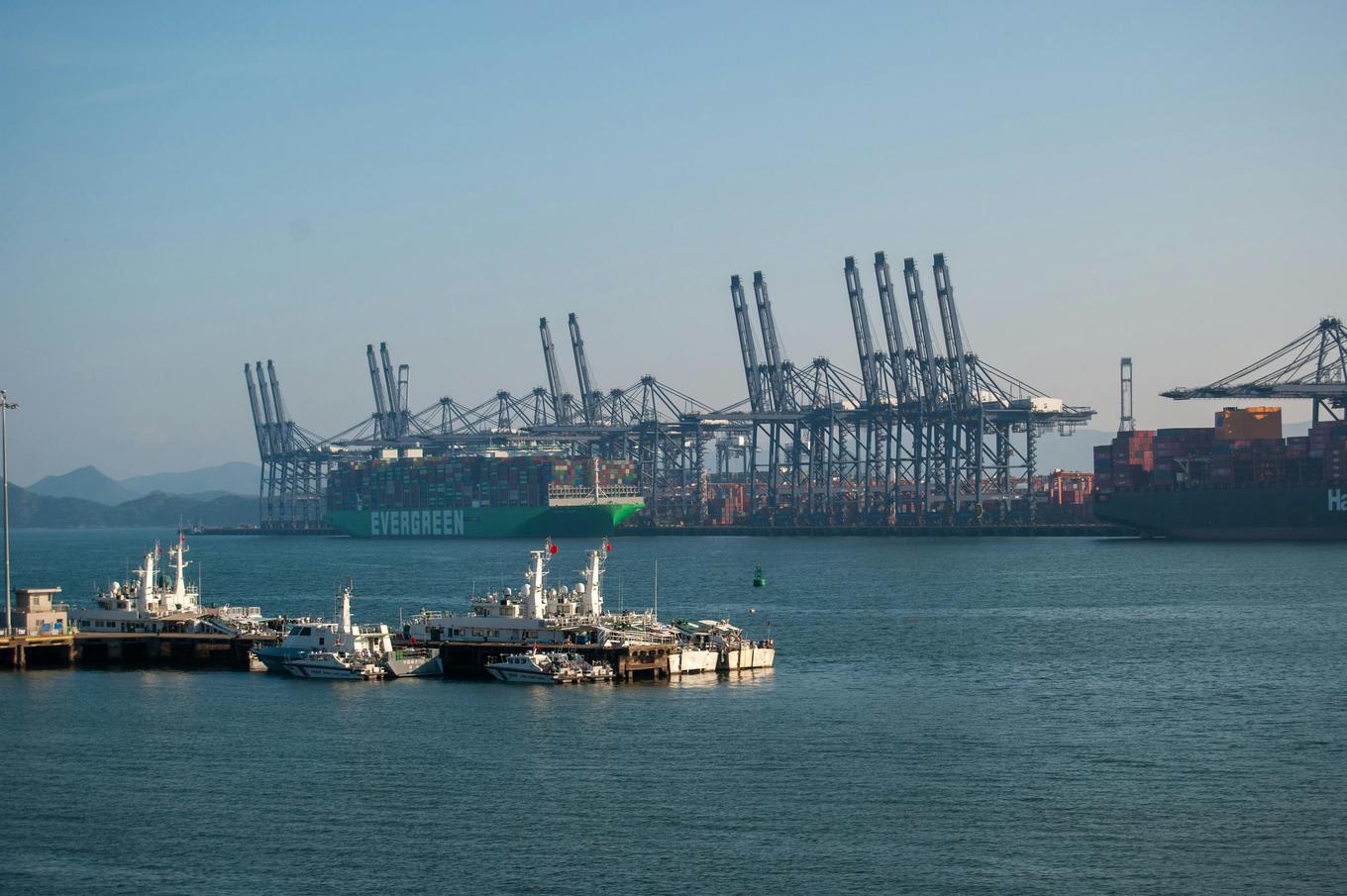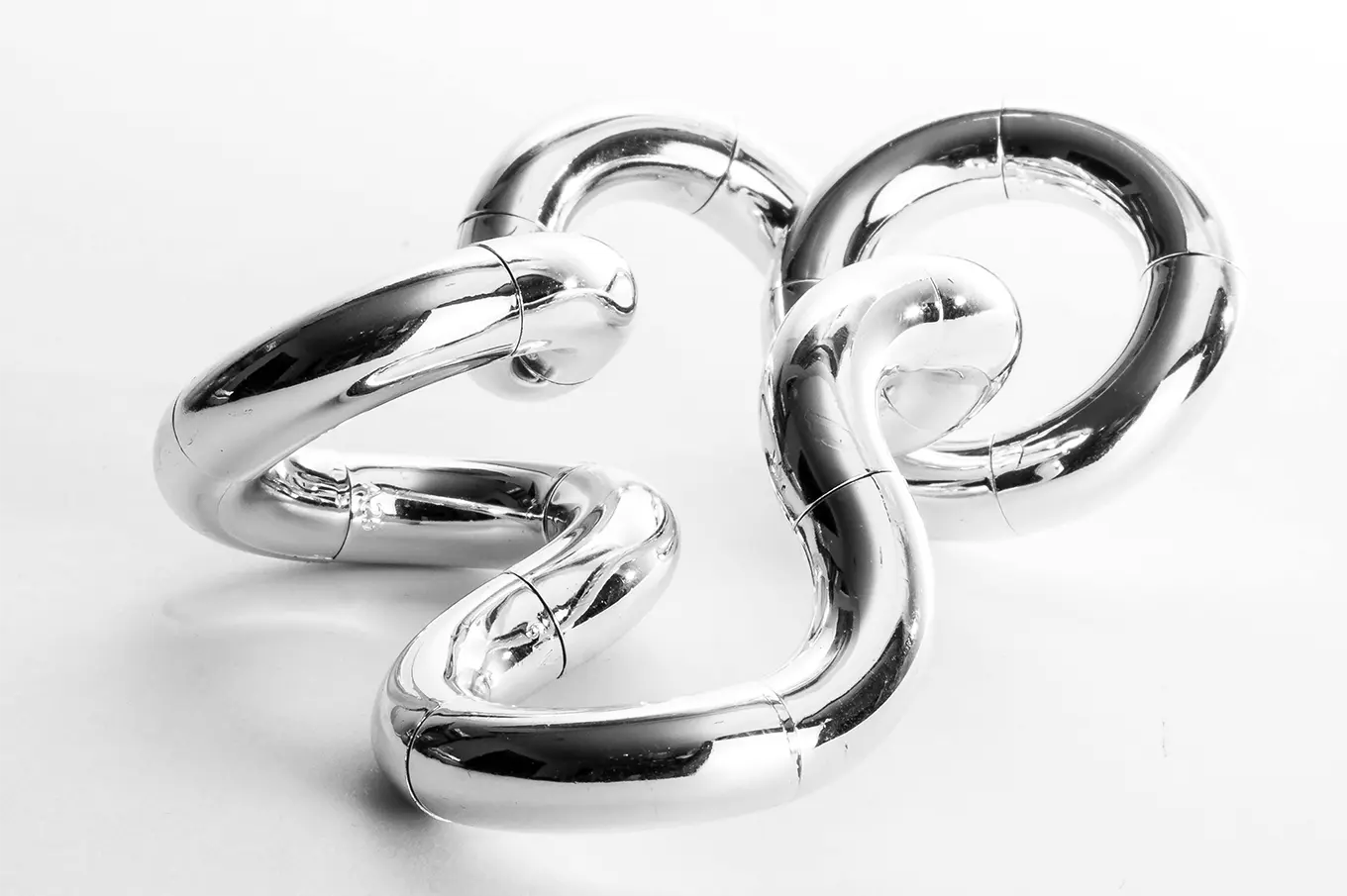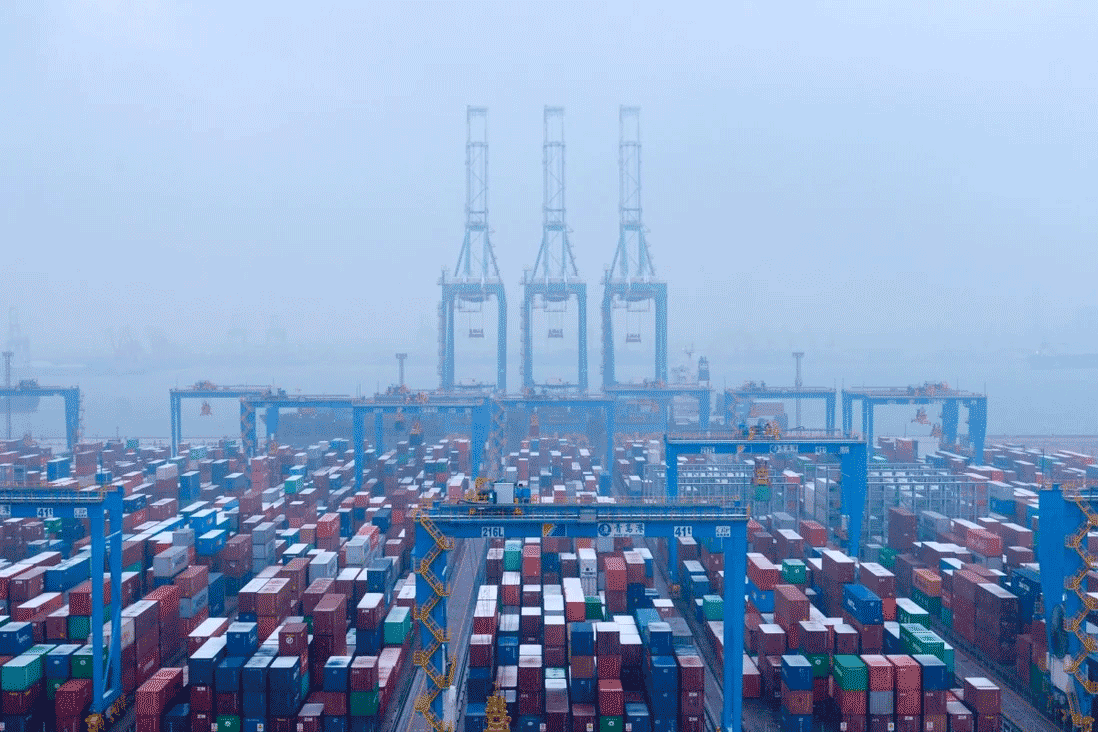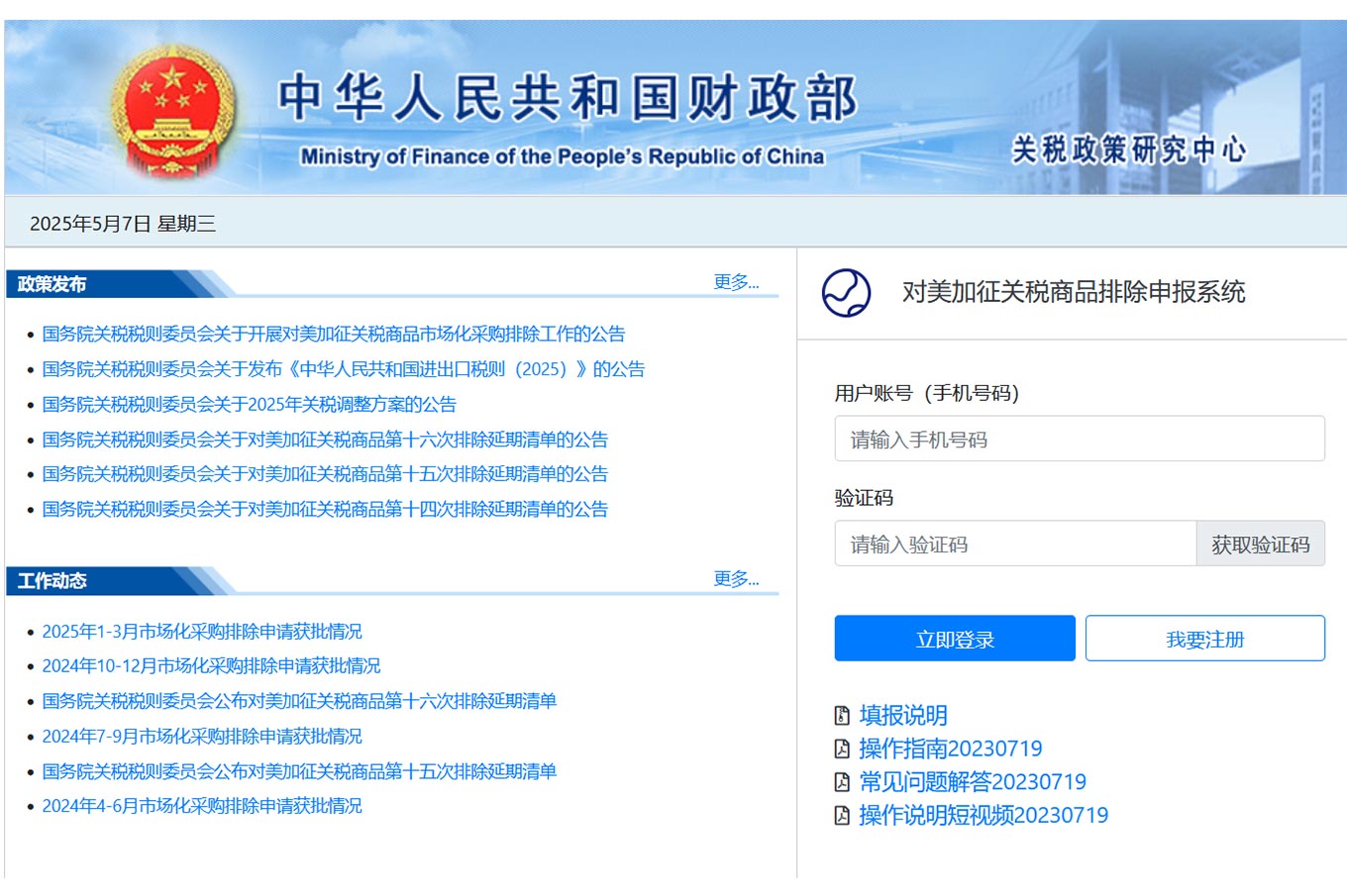- Shanghai Zhongshen International Trade Co., Ltd. - Two decades of trade agency expertise.
- Service Hotline: 139 1787 2118
Due to the rapid decline in the water level along the Rhine River, barge operators have started to levy a Low Water Surcharge (LWS). MSC took the lead in announcing that after the water level of the Rhine River dropped below 150 cm, it would pass on the LWS levied by its barge operator partners for services to and from Antwerp and Rotterdam to customers.
Last year, the water level of the Rhine River dropped to 32 cm, forcing the closure of the Rhine River. Although the current water level is far from reaching last years level, due to the reduction in transportation capacity, the arrival at the ports of Antwerp and Rotterdam cannot be guaranteed. In addition, all costs incurred under such circumstances, such as detention fees, demurrage fees, and storage fees, are not borne by MSC.
The Rhine River is divided into four sections: Duisburg, Emmerich, Kaub, and Cologne. The transportation capacity of each section may be different. The transportation capacity of Kaub is less than 81 cm, and the carriers obligation to transport along the Duisburg section terminates when the water level is 181 cm.
MSC noted, "The low water surcharge applies only to domestic and international transport via barge or barge-road transportation along the Rhine River from Antwerp and Rotterdam to Germany, France, and Switzerland." Feeder services between Antwerp and Rotterdam are unaffected.
Shippers have grown accustomed to the chaos in the European inland transport industry, with congestion often lasting for days. A former barge owner stated that the news of surcharges merely "adds to the difficulties shippers are struggling with when trying to use European transport," adding that the entire industry "remains in a severe crisis."
According to sources, more than 275 transport companies (mainly trucking firms) have filed for bankruptcy in Belgium alone this year. "The inland shipping industry is facing numerous challenges, such as vessel oversupply and declining transport demand. This has led to a drop in freight rates."
However, the former shipowner pointed out that despite the decline in cargo transportation volume, container capacity has seen a "significant" increase, growing by 10.95%, marking the 11th consecutive year of growth, and stated that barge operators need to strive to improve efficiency.
They stated: "There is no doubt that the low water levels in the Rhine will lead to a shift towards road transport—railways cannot handle such a large volume—which will exacerbate the already severely congested road network."
Related Recommendations
? 2025. All Rights Reserved. Shanghai ICP No. 2023007705-2  PSB Record: Shanghai No.31011502009912
PSB Record: Shanghai No.31011502009912










